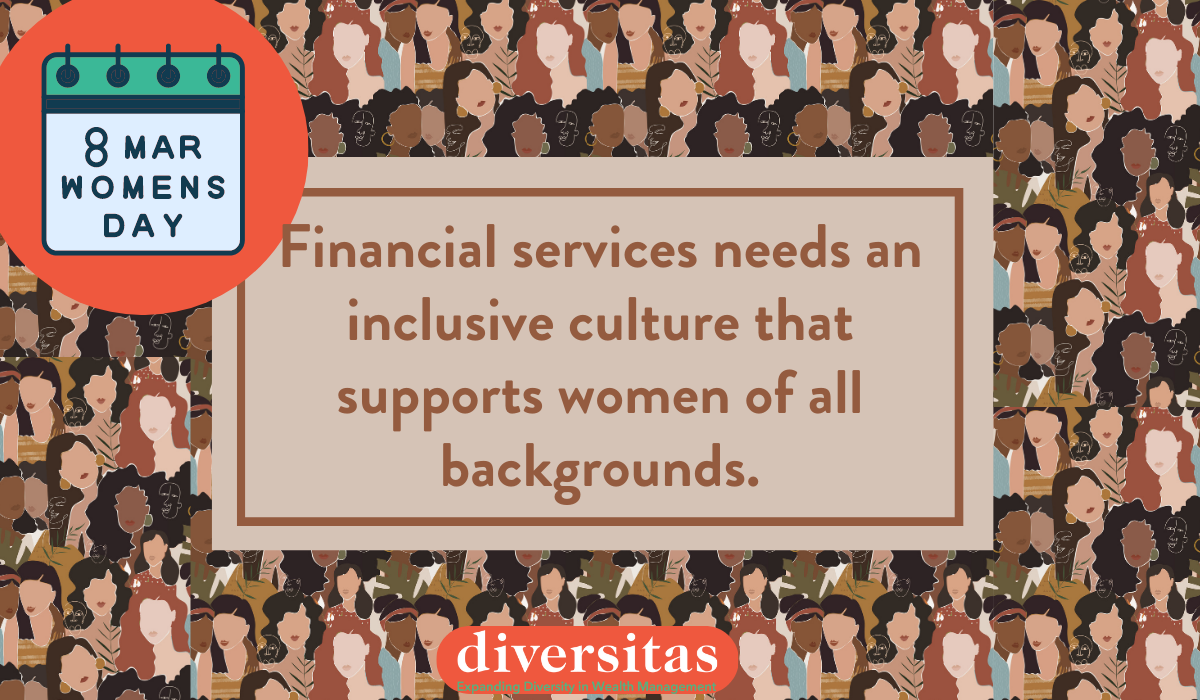Originally, Women’s History Week coincided with International Women’s Day, which falls on March 8. However, the inaugural International Women’s Day was on March 19, 1911. As the day was celebrated worldwide — and on various global calendars — the official date evolved to March 8.
International Women’s Day and Women’s History Month are markers to honor women’s rights, including the right to vote, equal pay and opportunity, and equal legal and reproductive rights.
Throughout history, women have made significant strides in the financial services industry. Let’s look at the past, present, and future of women in the industry.
The rise of women working in finance
In 1870, Victoria Woodhull and her sister became the first female stockbrokers on Wall Street when they opened Woodhull, Claflin & Co.
In 1964, Isabel Banham became the first female partner at a Wall Street bond firm after spending a portion of her career signing her name as “I. Hamilton Benham” to avoid discrimination.
In late 1967, Muriel Siebert was the first woman to buy a seat on the New York Stock Exchange (when there were 1,365 men on the trading floor). Siebert donated millions of dollars to support women in business in finance, and she later became the first Superintendent of Banks for New York.
Over the years, women have made significant progress in the industry, although it is still considered to be male-dominated. In 2021, McKinsey and LeanIn.org released a report analysis that showed women were better represented in the industry, but things could have been better.
According to the analysis, women and women of color were better represented in the industry compared to 2018. From 2018 to 2021, the number of women at the SVP level grew by 40% and 50% at the C-suite level. However, white males still dominated these areas; women needed more representation in roles above entry level.
Currently, 74% of finance professionals are men, while 26% are women. The most common ethnicity in the industry is White (76.3%), followed by Asian (8.7%), Hispanic or Latino (7.7%), and Black or African American (5.2%)
According to Statista, the representation of women directors on boards in financial services doubled from 2014 to 2021. Although progress has been made over the years, there is still room to grow.
The future of women in the industry
As we look ahead at the future of women in financial services, the share of women in C-suite roles is expected to reach 28% by 2030. However, the percentage of females in senior leadership roles is only expected to grow by 1%, and female managers are forecasted at a 3% growth by 2030.
According to Deloitte, having 30% representation is considered a tipping point and can make a difference in the broader group. There’s also the multiplier effect, which shows that for every woman added to a C-suite, three more follow in senior leadership roles.
One thing is clear: We’ve got to make changes to welcome more women, especially women of color, into the industry. According to an analysis from McKinsey, companies must create an inclusive culture that supports women of all backgrounds and their needs.
A supportive, inclusive culture means:
- Having a fair recruiting and hiring process
- Offering flexible working arrangements
- Setting clear expectations related to remote work
- Creating and respecting company policies and boundaries
- Train managers on how to create safe spaces for honest conversations
- Invest in training and development
- Compensate fairly
- Lead by example
It’s vital to remember that diversity in the workplace benefits the clients and the practice as a whole.
Diversitas as well as many companies and organizations are working to ensure the financial services industry is inclusive. We want women with diverse backgrounds working in the industry to help bridge the gap between wealth management and underserved communities.
As we celebrate Women’s History Month and International Women’s Day, it’s great to reflect on the progress made, but vital to focus on the possibilities for future growth.
If you’re an organization interested in attracting more diversity to your company, please reach out to us at diversitas@diversitasfp.org. We’d love to hear from you!






